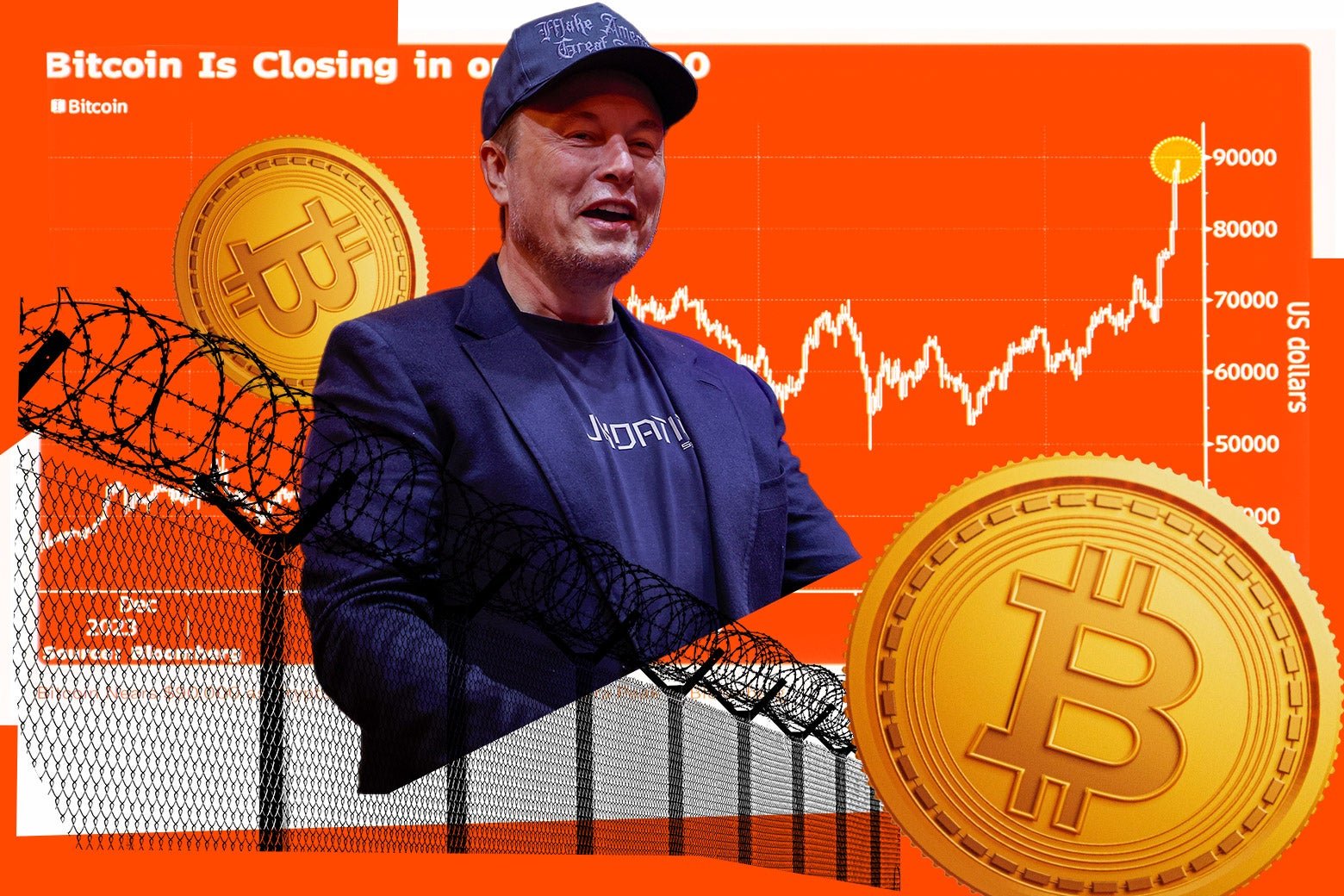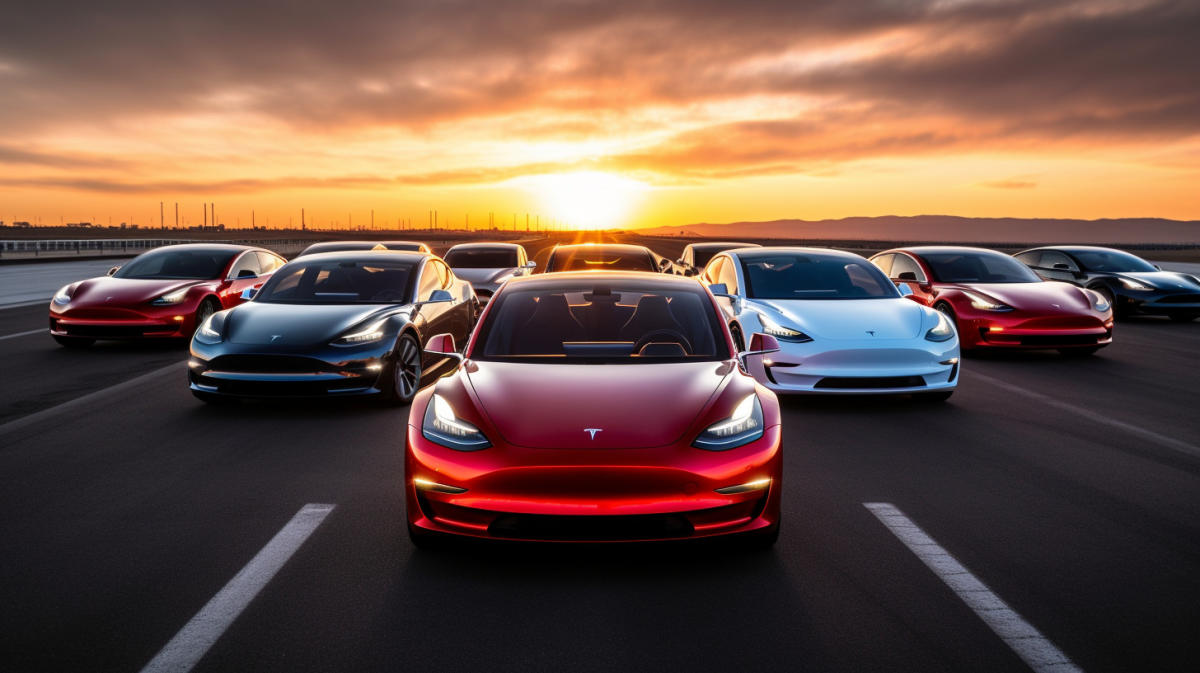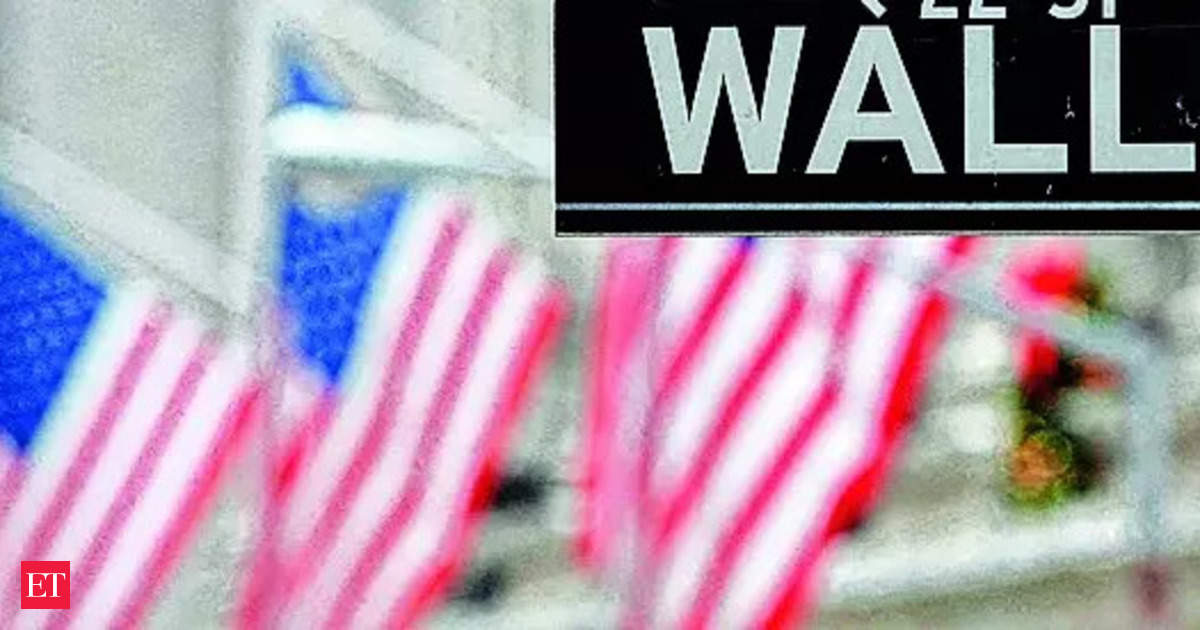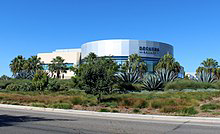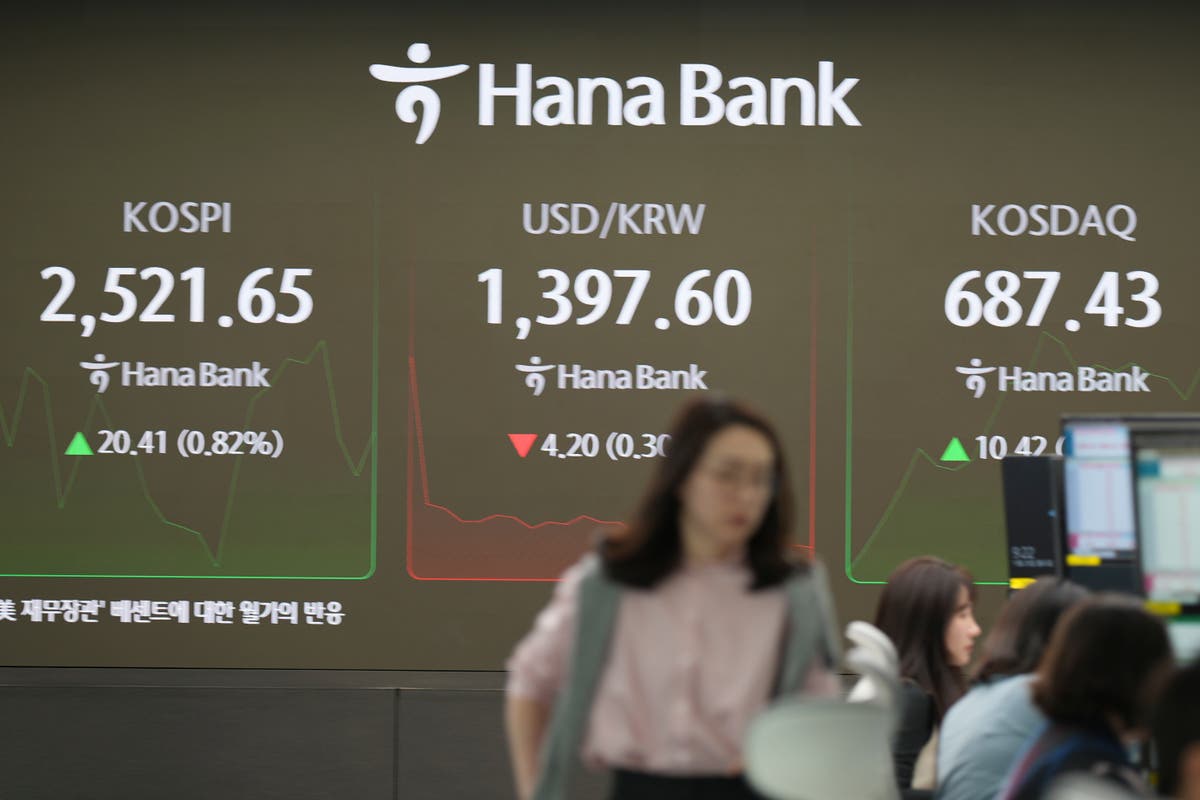Wall Street largely celebrated Trump’s return. But some sectors might be in for a rude awakening.

Although America’s CEOs and financiers largely condemned Donald Trump after the Jan. 6 Capitol riot in 2021, they all but made peace with his political return this year—tempering their onetime critiques of the candidate and the GOP, hedging their bets in the lead-up to Election Day, forbidding their media apparatuses from endorsing Kamala Harris, and lining up to kiss the ring soon after Trump’s win became clear. The money spoke, as it always does in U.S. elections, and the returns are pouring in for this newfound era of “Trump trades” that capitalize on democratic decline and power consolidation.
After Trump’s victory speech, capitalism’s hype machines—with the notable exception of the bond markets—roared with approval. Every major traditional stock index surged to record heights after Election Day and has kept up the rally, so far. Cryptocurrencies are headed to the moon, as Bitcoin’s all-time-high valuations shower blessings upon the broader virtual-asset sector, and as Trump’s own crypto venture promises to launch its own dollar-backed stablecoin. That “digital gold” has triumphed over real gold, and the U.S. dollar remains as strong as ever. Meme stocks (like Trump’s own Truth Social) and memecoins (like Dogecoin, the favorite of one Elon Musk) keep going up, up, up; the WallStreetBets boys are having the time of their life. (Curiously, however, Trump-themed memecoins aren’t doing as hot.) And the “Magnificent Seven” Big Tech stocks that kept the markets aloft this year are celebrating. Indeed, the only thing left for traders to consider right now is whether they’re being too exuberant, and whether Trump will, you know, actually follow through on any of the things he said he’ll do.
At least so far, the bonanza arises from several favorable factors for America’s private titans. Trump, of course, is as business-friendly as ever, welcoming all sorts of CEO advisers for his governmental transition. There are federal contract opportunities aplenty. The Federal Reserve is finally taking interest rates down bit by bit, adding some vigor to a sluggish investment environment. Moguls disaffected with the Biden administration’s antitrust philosophy and meager attempts at corporate tax increases are already hungry for lower taxes, slashed regulations, revolving-door Cabinet members, more mergers, and more acquisitions.
Case in point: the leap in Live Nation’s investor confidence after its CFO expressed hope that the government’s antitrust lawsuit would be tossed out soon. (Sadly, despite the affection she curries among Vice President–elect J.D. Vance and his fellow “Khanservatives,” the aggressively pro-competition Federal Trade Commission Chair Lina Khan is unlikely to last in her role. Remember, Trump’s anti-corporate actions in his first term were always more retaliatory than philosophical.)
That doesn’t mean everyone’s a winner, though. Stocks for companies in industries that Trump has repeatedly attacked—renewable energy, vaccines—understandably sank. Shares for retailers in consumer goods (clothes, household appliances, etc.) and for real estate also settled a touch lower: The postelection dollar jump escalated mortgage rates, and executives in both sectors are worried about the impacts of mass deportation plans and hiked tariffs. (The inhumane immigration crackdown would have the side effect of draining the labor force; the increased tariffs would raise costs on imported materials.) Health care valuations in general underperformed in the markets, likely due to jitters around the future of Obamacare. Plus, oil and its manufacturers aren’t doing as great as you might think, even as their bets paid off on a president-elect who so directly demanded their dollars and loyalty.
Of course, all of this is a crass exercise on the part of America’s financial class, a heaping sacrifice of vulnerable Americans and democratic bulwarks for the sake of “number go up.” Still, one thing that “Trump trades” can demonstrate is a map of reliable indicators of who wants (and expects) to profit from the return of this insurrectionist maniac, as well as whether they’ll find themselves sunk in the longer term when Trump’s loyal advisory team once again does something economically heartless and stupid.
These are the public companies to keep watch over throughout the next few years, the biggest Trump bettors that will soon find out whether “doing business with Hitler” was worth it after all:
Crypto
The cryptocurrency industry spent so much money in this race that they’ve all but bribed and ensured future loyalty from a bipartisan swath of lawmakers. Trump himself was quite attentive to “your Bitcoin, your crypto, and everything else that you’re playing with” this election cycle: speaking at the Bitcoin 2024 conference, launching his own NFT “trading cards,” and even helming his own flopping crypto trading business, World Liberty Financial. More importantly, there’s the inevitability that Trump and a paid-off Congress will shove aside the Biden era’s aggressive regulators, like Securities and Exchange Commission Chair Gary Gensler, and allow the digital assets sector to freely prey on more retail investors and promulgate more scams. Here are the funny-money investors who have arguably benefited the most so far:
Microstrategy: The Bitcoin software company also got a nice postelection bump, with Trump’s victory leading its key currency to never-before-seen thresholds. To celebrate, Microstrategy made its largest Bitcoin purchase since 2020, scooping up about $2 billion worth of that digital gold and announcing a massive new fundraising round.
Nvidia: Energy-intensive Bitcoin mining requires the types of processors that Nvidia has specialized in from the beginning—an early specialty that’s helped it to become a multitrillion-dollar company in the age of energy-intensive A.I. training. So the processing unit manufacturer has a lot to look forward to.
Coinbase: CEO Brian Armstrong was the single most significant organizer (and funder) of the 2024 election cycle’s crypto lobby, and his publicly traded digital exchange—which also holds a federal contract with the U.S. Marshals and is also fending off an SEC suit that would require most crypto tokens to be registered as securities—has enjoyed a nice postelection surge.
Trump’s Friends
Speaking of supporters who stand to profit …
Tesla: CEO Elon Musk’s role as campaign surrogate and likely government adviser gave his biggest company a fiery boost from investors, and his already sky-high net worth ballooned as a result. (Tesla stock remains the primary driver of his wealth.) No, it doesn’t matter that Trump doesn’t care for electric vehicles or charging stations; Tesla is already pivoting toward robots and sure-to-be-faulty robotaxis. Bonus: Tesla, along with Musk ventures like SpaceX, likely won’t have those pesky federal rules and regulations and unions to deal with. (Not to mention, those federal lawsuits over racism at Tesla’s workplaces.)
Big banks: Bank stocks are back up, baby. JPMorgan Chase CEO Jamie Dimon kept mum about the race except to vaguely claim that Trump was “kind of right” about certain issues; the stock is doing great. Back in October, Goldman Sachs and Morgan Stanley executives salivated over the possibility of increased corporate consolidations throughout 2025; their investors are also ready to take that bet, post-Biden. The CEOs of Citi and Bank of America both met with Trump in June; the former, at least, is ready for Trump to cease the government’s regulatory scrapes with Citigroup. So are investors. (Worth noting: Bank of America and Morgan Stanley were also among the seven banks that helped finance $13 billion of Musk’s $44 billion Twitter takeover.)
Energy Transfer: The CEO of the firm behind the controversial Dakota Access Pipeline poured $5.8 million into Trump’s campaign and is likely to reap the benefits from the fossil-fuel-loving, environment-hating president. Investors certainly believe so.
Palantir: The generous provider of A.I. surveillance tech, military intelligence services, and data analysis tech is operated by one of Trump’s biggest fans (chairman Peter Thiel), so investors are expecting even more federal partnerships to come. Even though CEO Alex Karp backed Kamala Harris, he’s mad enough about campus protesters—and content enough with the coming contract opportunities—that he probably isn’t too bothered by Trump’s win. Joe Lonsdale, a Palantir co-founder and financial backer of conservative causes, is definitely happy all around.
The Security State
It’s not just defense interests looking forward to what spoils Trump may bring.
Private prisons: Barack Obama vowed to phase out private prisons during his presidency, so of course the incarceration business celebrated when Trump first won in 2016 and Attorney General Jeff Sessions reversed course. Operators like Geo Group and CoreCivic have had even more to celebrate this round, as Trump’s mass deportation plans will likely help to fill their cells; their stocks were thrilled by the president-elect’s announcement that he would appoint former Immigration and Customs Enforcement Director Tom Homan, known to be the “father” of Trump’s family separation policy, as the incoming administration’s “border czar.” (By Monday, both companies’ stocks were up 75 percent from Election Day levels.)
Axon Enterprise: The tech business formerly known as Taser International—yes, as in that type of Taser—saw a big jump after Election Day, thanks to likely accurate perceptions that Trump will continue to militarize our police forces (and also deputize local forces to help round up immigrants). Immigrants, both legal and “illegal,” are some of the biggest contributors to American prosperity and world standing, but look, there are folks who stand to profit from their persecution. Racial capitalism wins again.
Perhaps most depressingly, what all these “Trump trades” show is that there is nothing too extreme for America’s plutocrats to abide—not an attempted coup, not open bigotry and baseless fearmongering, not convictions of sexual abuse, not even the country’s perceptions around the world. The “free market” was never going to preserve democracy.
Sign up for Slate’s evening newsletter.

